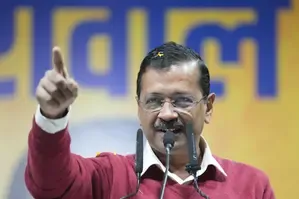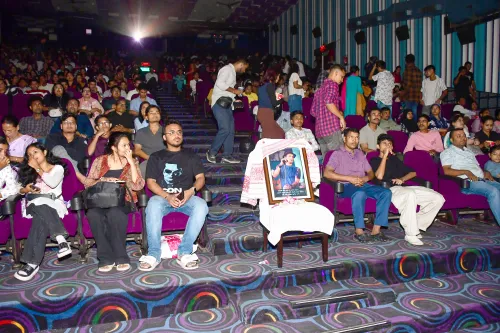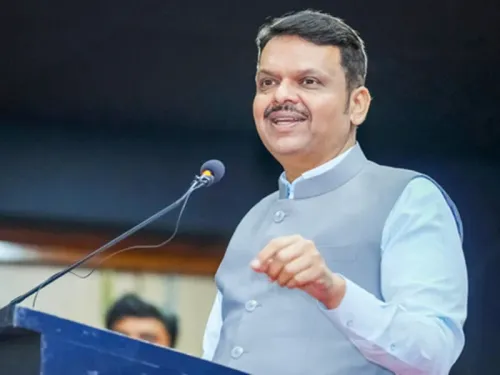ECI Critiques Kejriwal’s Response on Yamuna Contamination Claims

Synopsis
Key Takeaways
- ECI finds Kejriwal's response inadequate.
- No evidence provided for claims of Yamuna poisoning.
- ECI emphasizes governance over clean water.
- Joint complaint from Delhi and Punjab CM's noted.
- Issue left to government discretion during elections.
New Delhi, Jan 30 (NationPress) The Election Commission of India (ECI) on Thursday expressed disappointment regarding AAP convenor Arvind Kejriwal's response to the Yamuna 'poison' controversy, stating that "no factual, legal matrix with evidence has been presented to substantiate his claims.
The ECI articulated this in a letter dated January 30 after Kejriwal provided his reply to the inquiry made by the Commission. The ECI had requested a response from Kejriwal following a complaint filed by Bharatiya Janata Party and Sandeep Dixit from the Congress.
The ECI had summoned the former Chief Minister of Delhi, Kejriwal, to submit his reply through the Commission's letter No. 437/ DL-LA/2025-NS-II dated January 28, 2025, regarding his statements. The ECI referred to Kejriwal's comments shared on his X handle, specifically requesting the "factual and legal matrix along with evidentiary support" by 20:00 hours on January 29, 2025.
"The Commission has received your reply on the complaints via your communication No Nil dated January 29, 2025. Upon review, the Commission notes that your response does not address your public statement made during the campaign regarding the "poisoning of the Yamuna River by the Government of Haryana with the intent to cause genocide in Delhi, likening it to a declaration of war between Nations." The letter from the ECI continues.
"It is crucial to mention that no factual and legal matrix with evidence has been provided to substantiate your statement. Instead of clarifying the factual and legal context of your statement, you have opted to justify your claims based on the high ammonia levels in the Yamuna River in Delhi," the ECI noted in its correspondence.
The ECI highlighted that it had previously stated in its letter dated January 28, 2025, that it had received a joint letter from the Chief Ministers of Delhi and Punjab dated January 27 and January 28, 2025, accusing "deliberate acts of water terrorism due to a sudden spike in ammonia levels in the water released by Haryana into the Yamuna, making it untreatable." This matter will be handled separately after reviewing inputs from the Haryana state government.
"The Commission concurs that the availability of sufficient and clean water is a governance issue and that all relevant governments should work towards ensuring this for all citizens. The Commission sees no grounds for anyone to contest this noble stance," the ECI's letter states.
The ECI has entrusted this significant issue to the "competence and good discretion of the governments and agencies without arbiting, during the brief election period, in matters of water sharing or pollution that have a lengthy history and profound future implications, where agreements on water sharing and directives from the Hon'ble Supreme Court and National Green Tribunal are pertinent."









